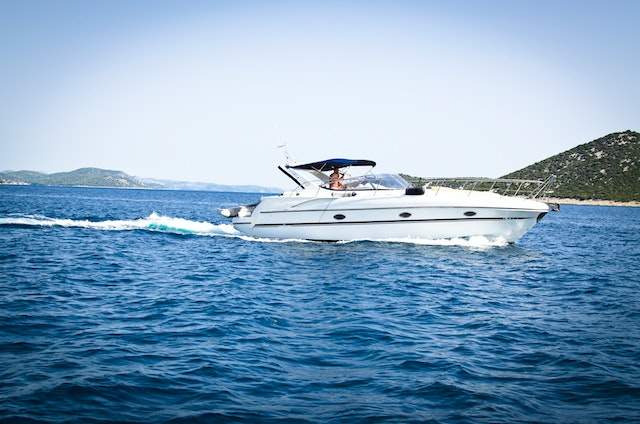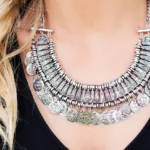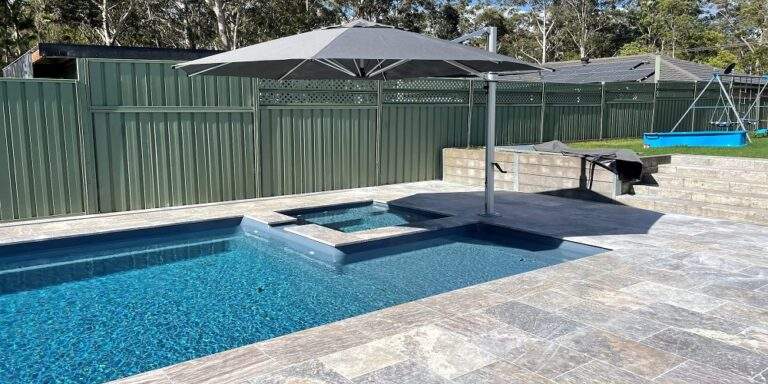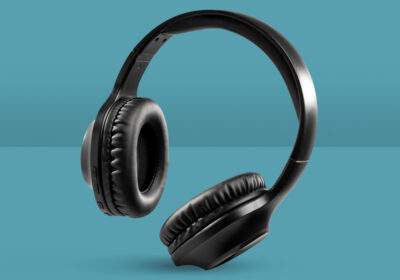
Boating: A Guide to Staying Safe While Having Fun On the Water
Individuals and families may explore rivers, take in the scenery, and make lifelong memories by boating, which is an exciting and entertaining leisure activity. However, when going out on the sea, safety should always come first. Understanding fundamental safety procedures is critical for ensuring a safe and happy boating trip, regardless of your level of experience. Go over crucial safety advice and rules in this guide to help you stay protected while experiencing fun on the water.
Always Wear a Life Jacket
Wearing a life jacket is among the most important safety precautions when boating. Every person on board, both adults and children, must wear a life jacket that has been approved by the U.S. Coast Guard, regardless of their swimming skill or the water’s conditions. Make sure the life jackets are in excellent shape and fit correctly. When on a boat or close to the water, life jackets should always be worn since they can save lives in an emergency.
Observe Weather Conditions
Check the weather prediction for the day before embarking on your boating excursion. For boaters, sudden storms, strong winds, or choppy seas can be dangerous. If the weather is not good, be prepared to change your plans. It’s important to have a strategy for finding cover or getting back to land safely if the weather changes while you’re out on the sea.
File a Float Plan
By submitting a float plan, you may let someone you trust know about your boating schedule. A float plan comprises details regarding your boat and the number of people on board, as well as your desired route, departing, and arrival timings. This information will make it easier for rescuers to find you in a crisis or if you don’t arrive on time.
Maintain Proper Boat Maintenance
Check and maintain your boat frequently to make sure it is in good operating order. Before each journey, inspect the vehicle’s engine, gasoline, electrical components, and safety gear. Bring an emergency kit with tools, first aid equipment, a fire extinguisher, and communication equipment on board.
Practice Safe Boating Navigation
Learn about the local rivers and nautical landmarks before you go boating. Respect all right-of-way protocols, speed restrictions, and no-wake zones as well as all other navigational laws and regulations. Avoid boating while intoxicated or high since this is prohibited and dangerous.
Keep Children Under Your Care
If there are youngsters on board, a responsible adult should be assigned to always watch over them. Children should be taught the fundamentals of water safety and should always wear life jackets that fit properly. Keep an eye out for kids playing in or swimming around the boat.
Learn Basic Boating Safety Skills
Think about taking a boating safety class before starting your boating journey. You may increase your confidence and improve your ability to manage a variety of circumstances on the water by learning fundamental boating techniques, navigational techniques, and emergency procedures.
Practice Safe Loading and Weight Distribution
Never overstock your boat with people or equipment. Make sure the weight balance on the boat remains even and adhere to the manufacturer’s recommendations for weight capability. The risk of the boat bursting or swamping might rise due to improper loading.
Stay Hydrated and Protect from Sun Exposure
You may spend a lot of time in the sun when boating. Drink lots of water to stay hydrated, and wear sunglasses, a hat with a broad brim, and sunscreen to avoid becoming sunburned. Consider taking pauses in the shade when required because heat-related diseases can be harmful.
Be Prepared for Emergencies
Always have a mobile phone or maritime radio fully charged on board for emergency communication. Learn how to utilize distress signals and become comfortable with them. Make sure everyone on board is also aware of where the safety equipment is as well as how to use it.
Always Keep Documentation
It’s crucial to make sure you have all the required boat documentation in place when you own a boat, including boat financing and insurance. These records are essential for safeguarding your investment and making sure that all legal obligations are met. You may make sure you’re ready for any unforeseen scenarios and preserve your investment in your cherished watercraft by having your boat loan and insurance documentation organized and up to date.
Conclusion
Boating is a fantastic activity for taking in the scenery, spending time with loved ones, and making priceless memories. On the sea, though, safety should always come first. You can make sure that you, your family, and your friends have a safe and happy boating trip by adhering to some important safety rules and best practices.
















